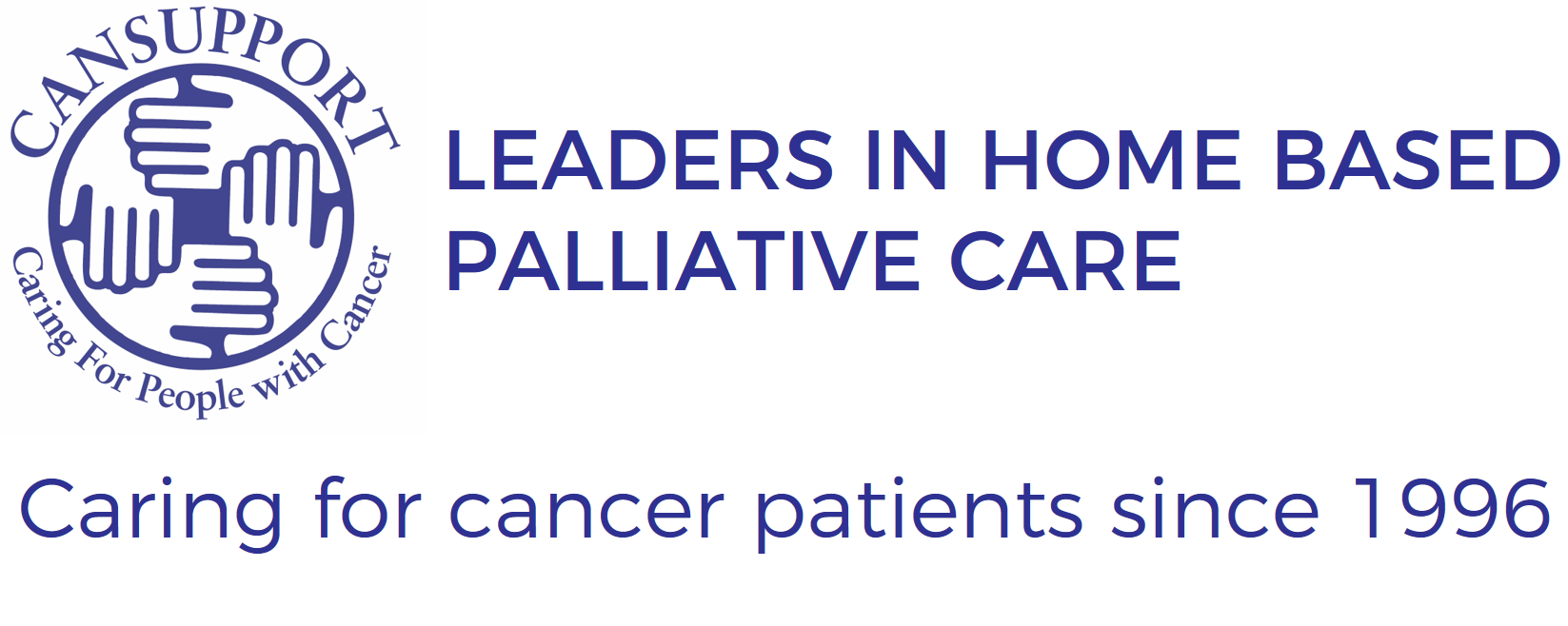I peeled back the piece of linen cloth to expose the tumor. Large and blackened, the growth was about the size of a melon. The human leg it attached to was almost unrecognizable. I wiped around the tumor with a damp gauze and replaced the covering with a fresh linen cloth. As I did this, my mother-in-law, Angoori, lay completely motionless, staring stoically towards the ceiling. The sun shone brightly through the large window. Not a word graced her lips. As I left the room, I exhaled slowly as though I had been holding my breath the entire time. It was no longer the odor of the tumor that made me feel like I could not breathe. It was my strained relationship with my mother in law. Looking after her during cancer, I still felt like I was tiptoeing on eggshells.
My entire married life had been haunted by Angoori’s critical eyes looking over my shoulder and her critical lips voicing unsolicited opinions. She never liked me, and I never felt good enough to be part of her family. She had no empathy. Her cruelty reached its peak when I fell sick. Diagnosed with hypothyroid, I struggled with permanent fatigue and difficulty concentrating. The hormone imbalance that caused my symptoms, however, showed no physical presence--nothing like a tumor. My mother in law was unconvinced of my condition. She had been young and healthy her entire life, so she believed I was using it as an excuse for being lazy. She scorned me for buying medicine, taking rest, and losing interest in my house work. Sometimes, I became so distressed I took refuge in my room. Between woeful sobs, I cursed my mother in law’s name.
When Angoori’s own health came into question seven years ago, she denied it as she had denied mine. She found a lump on her breast and asked me to feel for it, but she made me promise not to tell my husband. Concerned and conflicted, I was cornered into an awkward situation. After choosing to tell my husband, he made sure she sought medical attention. The lump was benign, but my mother law had never been more furious. This incident confirmed her hatred for me and her belief that she was indestructible by disease.
Two years ago, when the pain in her leg arrived, Angoori thought it would be just another blip on her perfect healthy record. For a long time, she concealed the pain, but eventually turned to homeopathic remedies. When she first visited a hospital, the doctors revealed that she had cancer and the only chance of a cure was amputation. Completely unreceptive to the doctor’s words, Angoori was more concerned about the aesthetic mutilation and rejected this recommendation point-blank. Her health steadily descended ever since, and she could no longer deny the cancer’s presence. The tumor became too far progressed for an amputation.
When the pain clinic referred us the the palliative care organization, CanSupport, I was hopeful. As my mother in law’s primary caregiver, I was eager to receive their advice. My mother in law was more likely to be compliant and less likely to criticize my actions if I was following professional instructions. On their first visit to our home, CanSupport told me that their actions would be directed at providing a pain-free restful end. They provided us with morphine to manage her pain. Even though my mother in law had always hidden her discomfort behind a veil of aloofness and apathy, I sensed that the morphine provided relief. The CanSupport nurse also taught me how to properly clean and dress the wound to prevent infection and the pungent pervasive odor.
Facing my mother in law with the CanSupport team by my side has given me patience and compassion towards her that I had no idea I was capable of. Every week, they talk to me individually and check up on my well-being. I have completely opened up my heart and my mind, sharing my experiences and my feelings of guilt. When I told the CanSupport team that I blame myself for my mother in law’s illness because I was the one who cursed her all those years, they assured me that cancer is unpredictable and can happen to anyone. I should not feel any guilt. The CanSupport team has empathized with the hardships I faced in marriage, but they encourage me to forgive my mother in law. They would never confront Angoori about her unkind past, but sometimes during counseling, they mention that if she has any ill feelings for anyone in her family, now is the time to forgive.
In subtle ways, I have noticed my mother in law softening through these visits. She now calls me by name instead of simply demanding things. She accepts my care and tells the team that she is well looked after. Despite her terminal stage, my husband is still determined to get more doctor’s opinions and experiment with diets. The CanSupport team has told us that the best we can do is allow her to eat what she wants, even a simple diet of fruit, give her frequent morphine tablets, and spend time at her bedside. I can speak for all of us when I say that I am grateful for everything CanSupport has provided. They have given a restless family a sense of peace.

